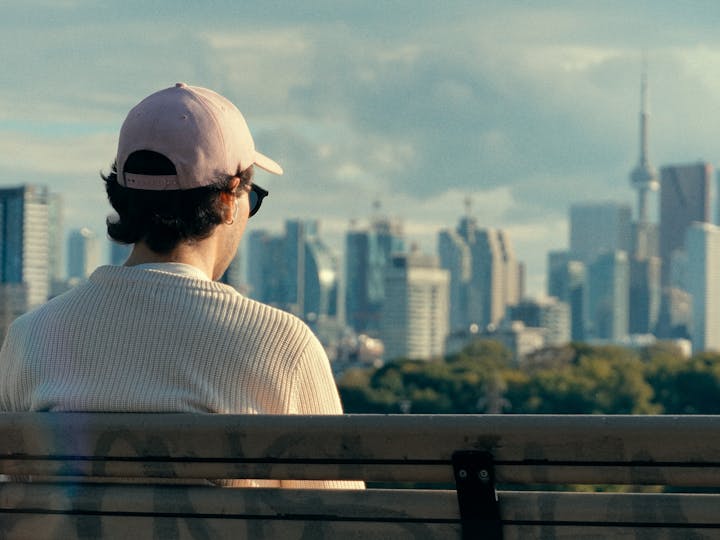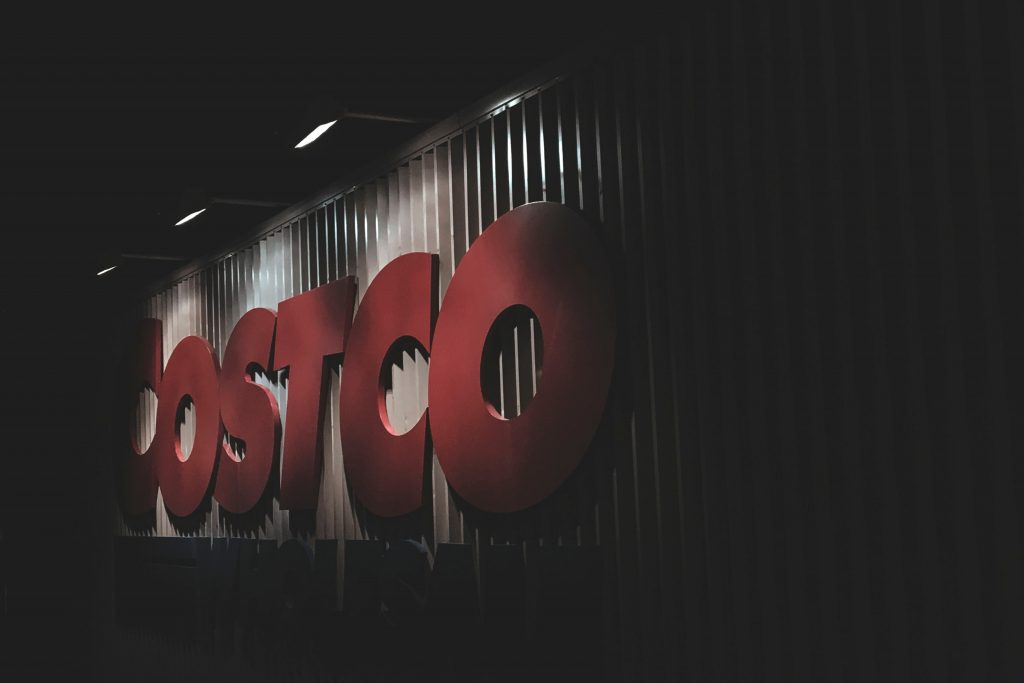Planning an event in Toronto? Let me tell you, choosing the right stage can make or break your whole vibe. I’ve been involved in planning everything from corporate conferences to music festivals, and trust me, the stage is way more important than most people realize.
You might think a stage is just a stage, but that’s where you’d be wrong. The right setup can turn a boring presentation into something people actually remember. The wrong one? Well, let’s just say I’ve seen some disasters that could’ve been totally avoided.
Size Actually Matters (A Lot)
First thing you gotta figure out is how big this thing needs to be. And I’m not just talking about fitting your performers or speakers up there.
You need space for equipment, movement, maybe some props or backdrop stuff. I learned this the hard way at a corporate event where we booked a stage that was technically big enough for the speaker, but there was literally no room for their presentation materials. Super awkward.
Here’s what I think about now:
- How many people need to be on stage at once
- What kind of equipment they’re bringing
- Do they need space to move around
- Are there any special requirements like dance performances
- Will there be multiple setups throughout the event
The venue size matters too. A huge stage in a tiny room looks ridiculous, and a tiny stage in a massive venue makes everything look amateur.
Indoor vs Outdoor Drama
Toronto weather is unpredictable as hell. One minute it’s sunny, next minute you’re dealing with random downpours or crazy wind. If you’re going outdoor, you better have a backup plan.
Indoor events are way easier to control. You know exactly what you’re working with. No weather surprises, better acoustics usually, and way less stress about technical stuff failing because of random elements.
But outdoor events can be magical when they work right. There’s something about live music or speeches under the open sky that just hits different. Just make sure you’re working with people who know how to handle outdoor setups properly.
The Technical Stuff Nobody Talks About
This is where it gets complicated, and honestly, where most people mess up. You can’t just plop down a stage and call it good. There’s a whole bunch of behind the scenes stuff that needs to work perfectly.
Power requirements are huge. How much electricity does your setup need? Are there enough outlets? Do you need generators for outdoor events? I’ve seen events where the whole thing got shut down because nobody thought about power properly.
Sound is another big one. Different stages work better with different audio setups. Some have built in sound systems, others you gotta bring everything yourself.
Lighting can totally change the mood:
- Basic lighting for corporate presentations
- Dramatic lighting for performances
- Specialized lighting for photography or video
- Emergency lighting for safety
Safety First (Because Lawsuits Suck)
Nobody wants to think about this stuff, but you absolutely have to. Stages collapse, people fall, equipment fails. It happens more than you’d think.
Make sure whoever you’re working with has proper insurance and certifications. Ask about weight limits and how they secure everything. Don’t be that person who skips the safety conversation because it seems boring.
I’ve seen stages that looked fine but were sketchy as hell once you actually got up there. Wobbly, creaky, or just plain unsafe. Your performers and speakers need to feel confident up there, not worried about falling through the floor.
Budget Reality Check
Let’s talk money because that’s usually what determines everything anyway. Stage rentals can range from pretty cheap for basic setups to crazy expensive for elaborate custom builds.
Basic platform stages are gonna be your cheapest option. They get the job done for simple presentations or small performances. Nothing fancy, but they work.
Mid range options give you more flexibility with size, height, and usually better construction quality. These work great for most corporate events or medium sized performances.
High end custom stages are where you go when budget isn’t really a concern and you want something that wows people. Think major concerts or big corporate launches.
Don’t forget about all the extras that add up:
- Delivery and setup fees
- Additional equipment rentals
- Extended rental periods
- Last minute changes or additions
Finding the Right People
This is where things get interesting. Toronto has tons of rental companies, but they’re definitely not all the same quality. Some are amazing, others are total nightmares waiting to happen.
I was looking into stage rental Toronto options for a client event last year, and the difference between companies was wild. Same basic stage, but completely different service levels, pricing, and reliability.
Ask around for recommendations. Other event planners, venue managers, even performers can give you the real scoop on who’s good and who to avoid.
Check their portfolio. Do they have experience with events similar to yours? A company that mostly does wedding stages might not be the best choice for a corporate conference.
The Setup Day Reality
Here’s something nobody warns you about. Setup day is chaos no matter how well you plan. Having a stage rental company that knows their stuff makes a huge difference.
Good companies show up on time, have everything organized, and handle problems without freaking out. Bad companies show up late, missing pieces, and expect you to figure out solutions.
Make sure you’re clear about timing:
- When setup starts
- How long it takes
- When they need access to the venue
- What happens if there are delays
Making It Look Good
Don’t forget that your stage is probably gonna be in a bunch of photos and maybe video. It needs to look professional and match your event’s vibe.
Basic black stages work for almost everything, but sometimes you want something that pops. Custom skirting, branded backdrops, or special finishes can make a huge difference in how professional everything looks.
Think about the background too. What are people gonna see behind your speakers or performers? A blank wall, nice scenery, or your event branding?
Last Minute Panic Mode
Things go wrong. It’s just part of event planning. Equipment fails, weather changes, guest counts shift, performers have different requirements than expected.
Work with companies that can handle changes without losing their minds. You want people who are solution focused, not people who just tell you why something can’t be done.
Have backup plans for the most likely problems. Weather for outdoor events, power issues, technical failures. You probably won’t need them, but you’ll sleep better knowing they exist.
The Bottom Line
Choosing the right stage rental isn’t rocket science, but it’s not something you should just wing either. Do your homework, ask the right questions, and work with people who actually know what they’re doing.
Your event deserves better than a wobbly stage that ruins the whole experience. Take the time to get this right, and everything else becomes way easier. Trust me on this one.


